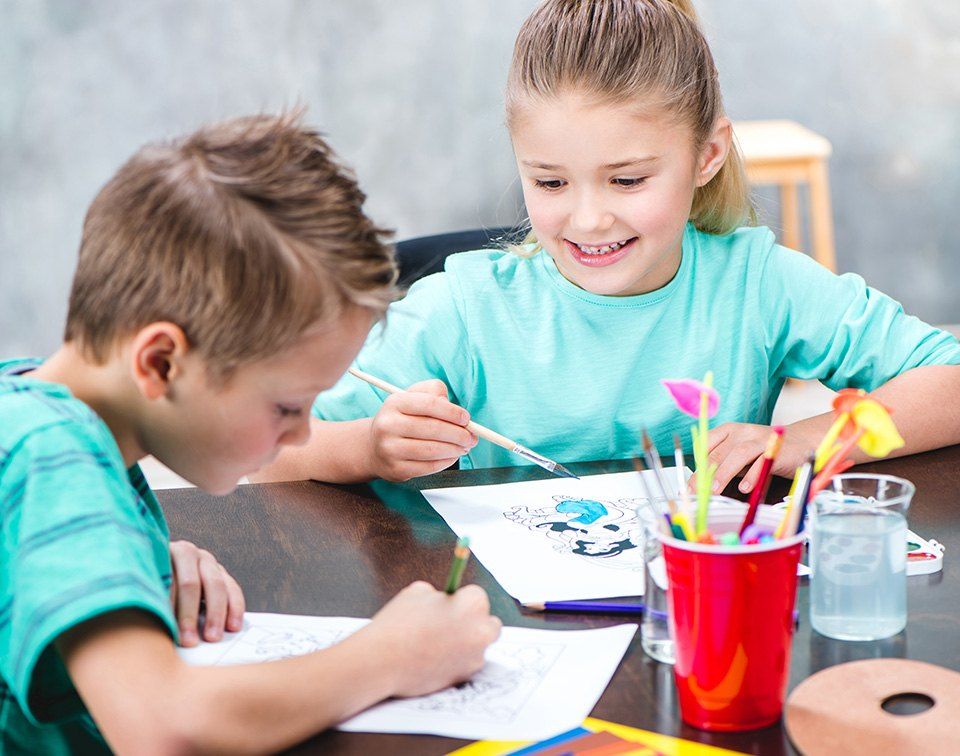
Editor’s note: This article appeared Monday on The 74.
Rosario Reilly didn’t set out to be an educational publisher — she just wanted to give her kids a classical education that respected their Catholic faith.
In 2009, the mother of five in Manassas, Va., began assembling a homeschool curriculum eventually named Aquinas Learning. Thirteen years later, the program now serves about 160 area students in grades K-12, who show up in uniform to a local center one day a week.
Students partake in a variety of classes, as well as P.E., lunch, and the like. But the other four days of the week they learn at home.
Reilly said Aquinas exploded amid COVID, after “everybody saw what we saw back in the early 2000s.”
Since the start of the pandemic, public school enrollment has crashed — between fall 2019 and 2020, it dropped by 1.4 million students, or 3 percent, the largest single-year decline since World War II, according to federal data released last spring. While educators are trying to figure out how to bring these families back, researchers are starting to find them persisting in unusual spaces. Many are relying on a type of homeschooling made popular when school closures became widespread in 2020.
To continue reading, click here.


